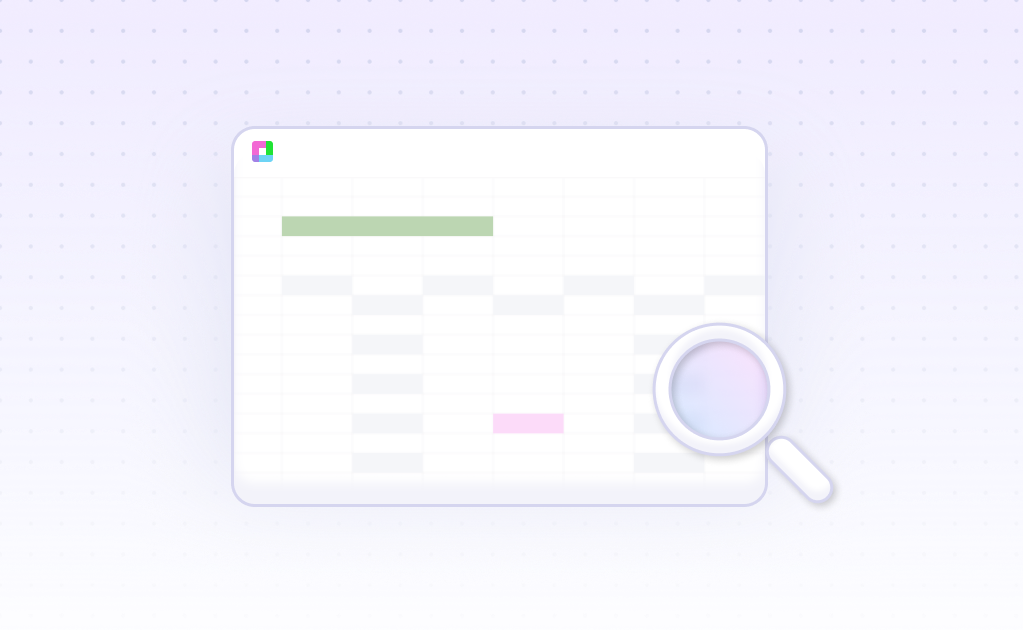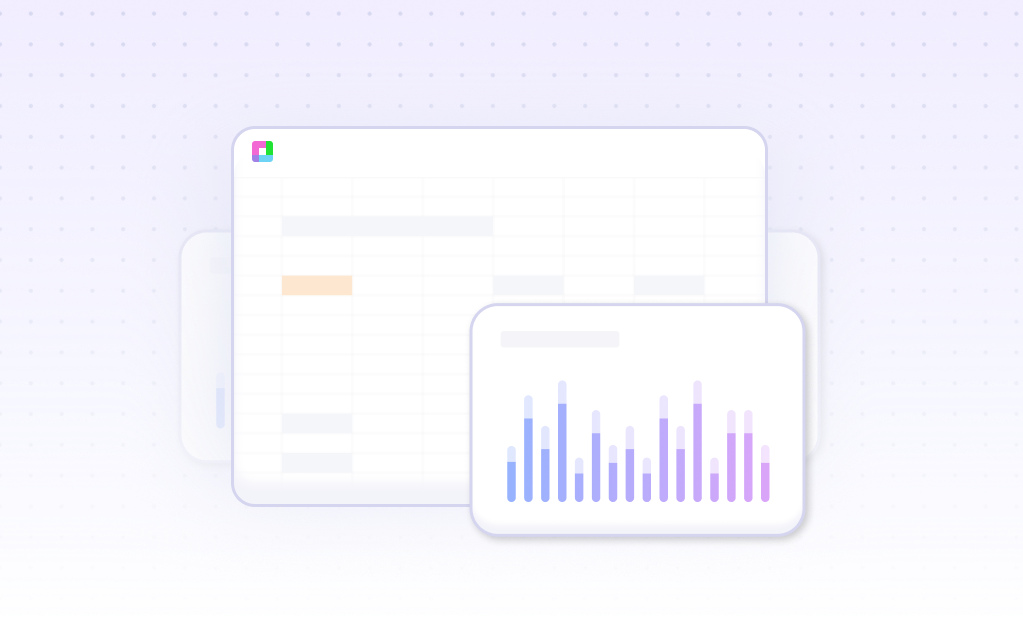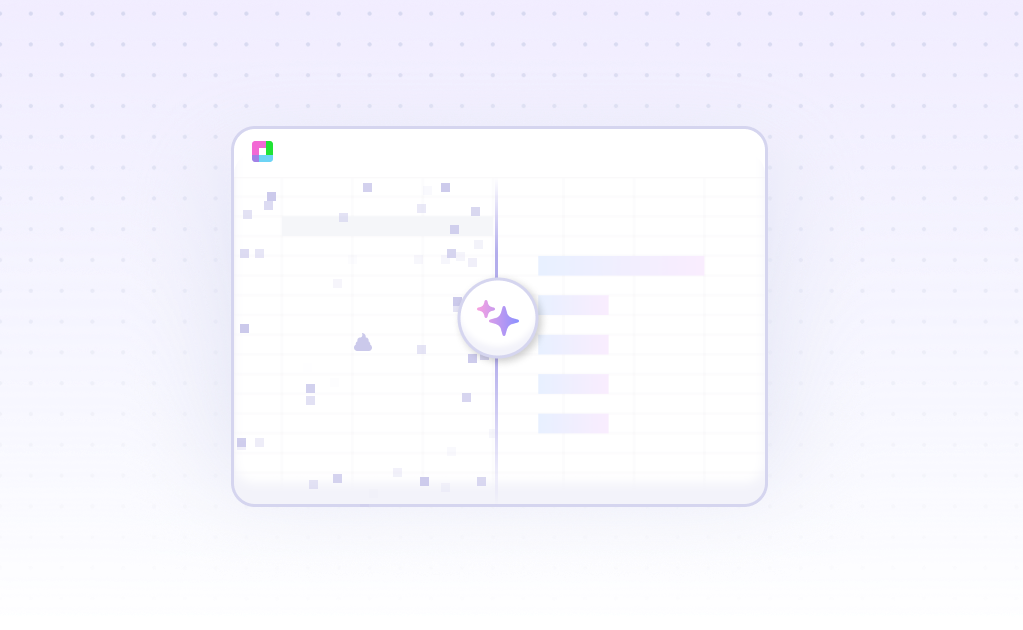
Why Revenue Recognition Analysis Matters
Remember the last time you had to manually comb through hundreds of contracts to verify revenue recognition compliance? That sinking feeling when you realized a policy change from six months ago affected Q3 numbers? You're not alone.
Revenue recognition analysis isn't just about ticking compliance boxes—it's about understanding the story your revenue tells. With financial data analysis tools, you can transform this complex process into clear, actionable insights that actually make sense.
Transform Revenue Recognition Complexity
Turn overwhelming revenue data into clear compliance insights
Automated Policy Tracking
Monitor revenue recognition policies across multiple contracts and identify deviations instantly
Real-time Compliance Alerts
Get notified when revenue patterns suggest potential compliance issues before they become problems
Audit-Ready Reports
Generate comprehensive revenue recognition reports with full documentation trails in minutes
Multi-Standard Support
Handle ASC 606, IFRS 15, and other revenue recognition standards seamlessly
Contract Analysis
Automatically extract and analyze revenue terms from contracts and agreements
Performance Insights
Understand revenue trends and patterns to inform strategic business decisions
Revenue Recognition Analysis in Action
See how finance teams solve complex revenue recognition challenges
SaaS Subscription Revenue Analysis
A growing software company needed to analyze subscription revenue across different tiers and billing cycles. Using automated analysis, they identified $2.3M in incorrectly recognized revenue and streamlined their monthly close process by 40%.
Multi-Element Arrangement Tracking
A technology services firm struggled with complex contracts containing multiple deliverables. Automated analysis helped them properly allocate revenue across performance obligations, ensuring ASC 606 compliance and reducing audit preparation time from weeks to days.
Construction Contract Revenue
A construction company needed to track percentage-of-completion revenue across 50+ active projects. AI-powered analysis automated progress calculations and identified contracts at risk of revenue recognition errors.
Retail Loyalty Program Impact
A retail chain wanted to understand how their loyalty program affected revenue recognition. Analysis revealed the true impact of point redemptions on revenue timing and helped optimize the program structure.
Your Revenue Recognition Analysis Workflow
From data import to compliance reporting in four simple steps
Import Revenue Data
Connect your ERP, CRM, or upload contract files directly. The system automatically maps revenue streams and identifies recognition patterns.
Set Recognition Rules
Define revenue recognition policies for different contract types. The AI learns your specific requirements and applies them consistently across all data.
Analyze & Validate
Run automated analysis to identify potential compliance issues, timing discrepancies, and policy violations. Get detailed explanations for each finding.
Generate Reports
Create comprehensive revenue recognition reports with full audit trails. Export to Excel, PDF, or integrate directly with your financial reporting systems.
Advanced Revenue Recognition Capabilities
Beyond basic compliance checking, advanced revenue recognition analysis helps you understand the nuances that make or break financial accuracy.
Contract Modification Tracking
When contracts change mid-stream, revenue recognition gets messy fast. Imagine a software contract that starts as a three-year license deal but gets modified to include implementation services. The system automatically identifies these modifications and calculates the cumulative catch-up adjustment needed.
Variable Consideration Analysis
Bonuses, penalties, discounts, rebates—variable consideration can make revenue recognition feel like guesswork. Advanced analysis uses historical patterns and contract terms to estimate variable amounts with confidence intervals, so you know exactly how conservative or aggressive your recognition is.
Performance Obligation Allocation
A single contract might include software licenses, support services, training, and custom development. The system automatically identifies distinct performance obligations and allocates transaction price based on standalone selling prices, even when those prices aren't explicitly stated.
For more comprehensive financial oversight, combine revenue recognition analysis with financial ratio analysis to understand how revenue timing impacts your key performance metrics.
Frequently Asked Questions
How does the system handle different revenue recognition standards?
The platform supports ASC 606, IFRS 15, and legacy standards like ASC 605. You can set up different rule sets for different subsidiaries or reporting requirements, and the system will apply the appropriate standards automatically based on your configuration.
Can it analyze existing contracts that weren't set up with revenue recognition in mind?
Absolutely. The AI can analyze contract language to identify performance obligations, payment terms, and recognition triggers even in contracts that weren't originally structured for ASC 606 compliance. It will flag potential issues and suggest adjustments.
What happens when contracts are modified after the analysis is complete?
The system tracks contract modifications and automatically recalculates revenue recognition impact. It shows you the cumulative catch-up adjustment needed and documents the change for audit purposes.
How accurate are the variable consideration estimates?
The system uses historical data patterns, contract terms, and statistical modeling to estimate variable consideration. It provides confidence intervals and sensitivity analysis so you understand the range of possible outcomes and can make informed decisions about recognition timing.
Can I customize the compliance rules for my industry?
Yes, you can set up industry-specific rules and recognition patterns. The system learns from your specific requirements and applies them consistently across all revenue streams.
How does this integrate with my existing ERP system?
The platform connects with major ERP systems like SAP, Oracle, NetSuite, and others through APIs. It can also work with Excel exports or CSV files if direct integration isn't available.
Frequently Asked Questions
If your question is not covered here, you can contact our team.
Contact Us




